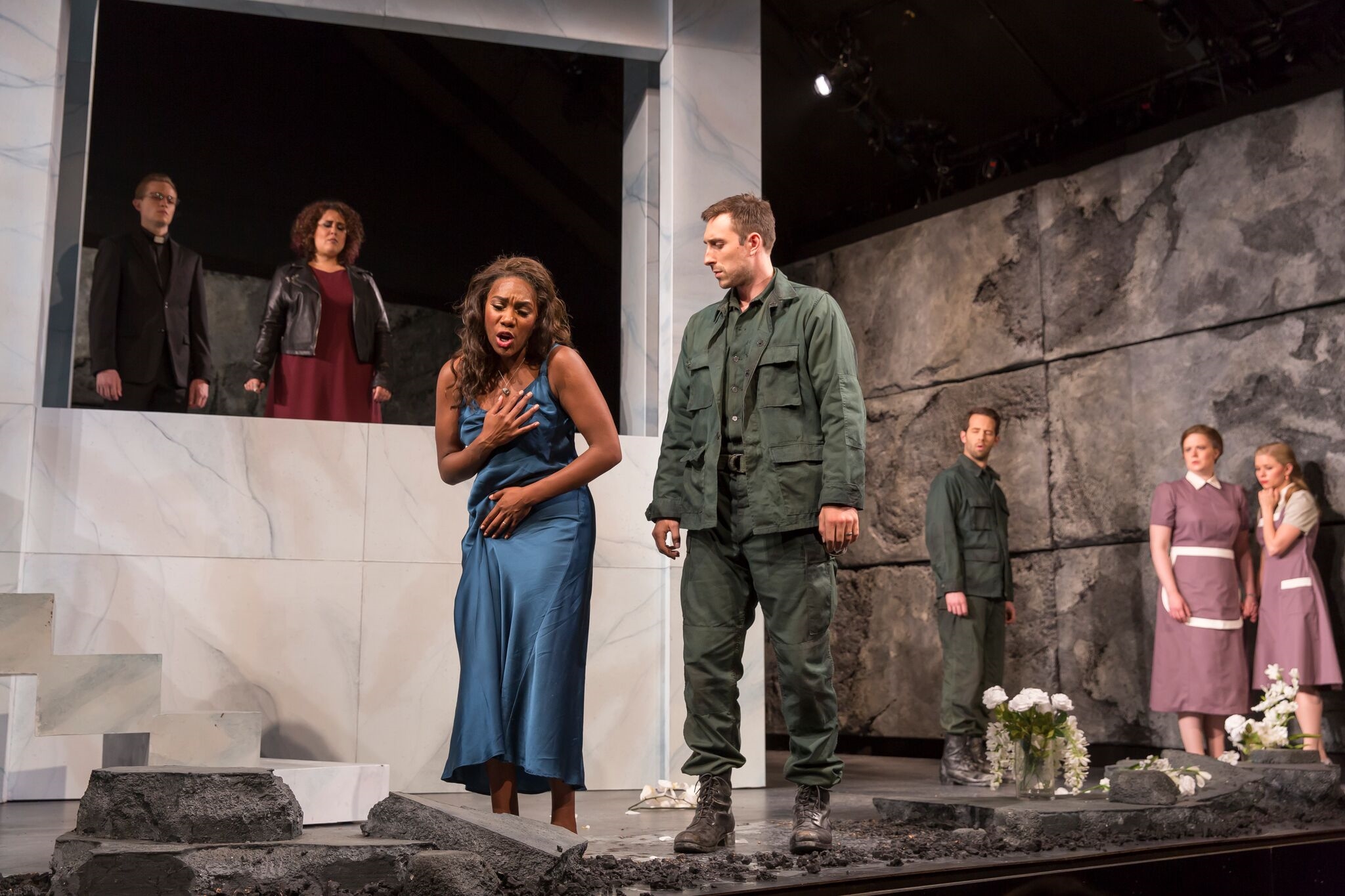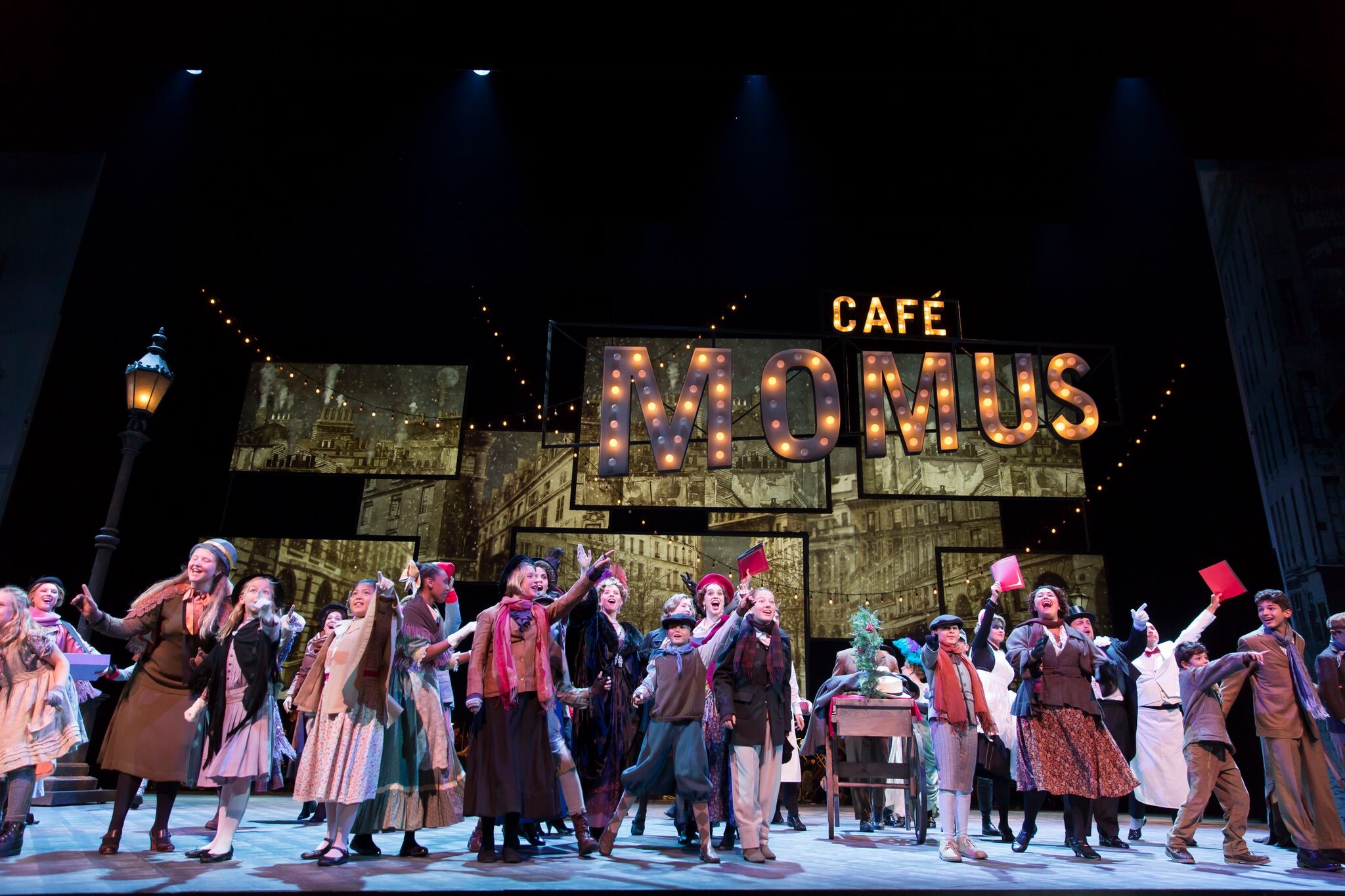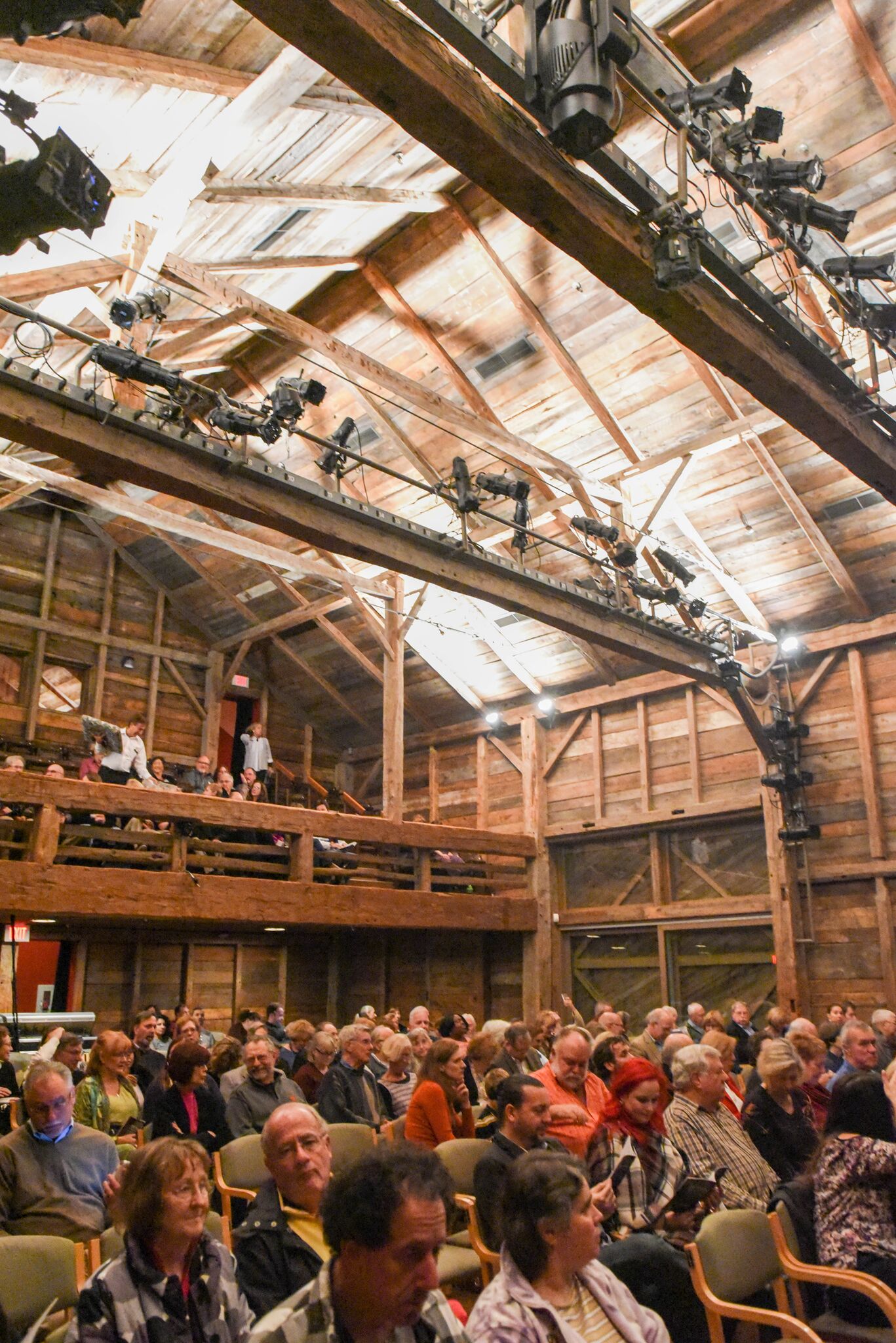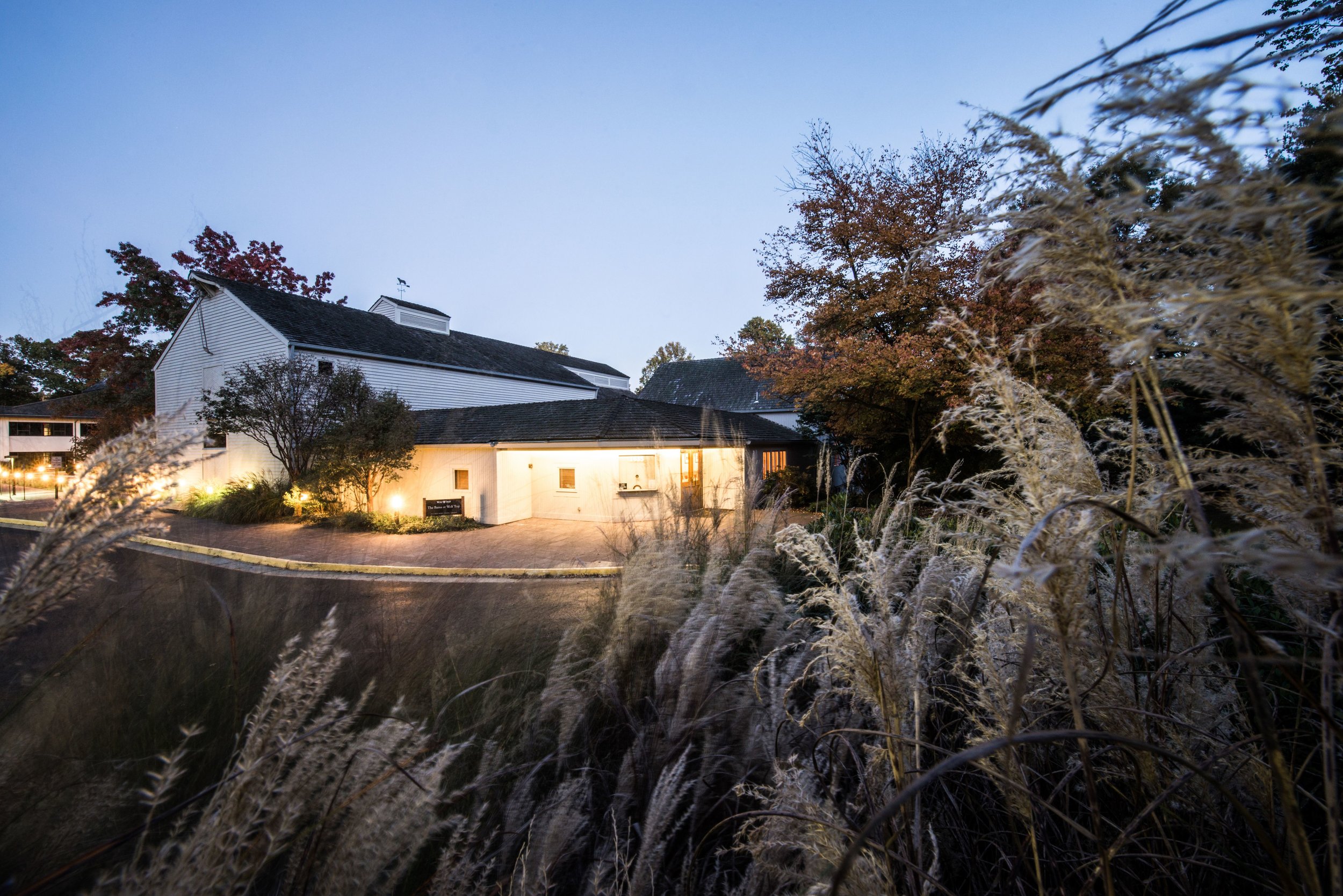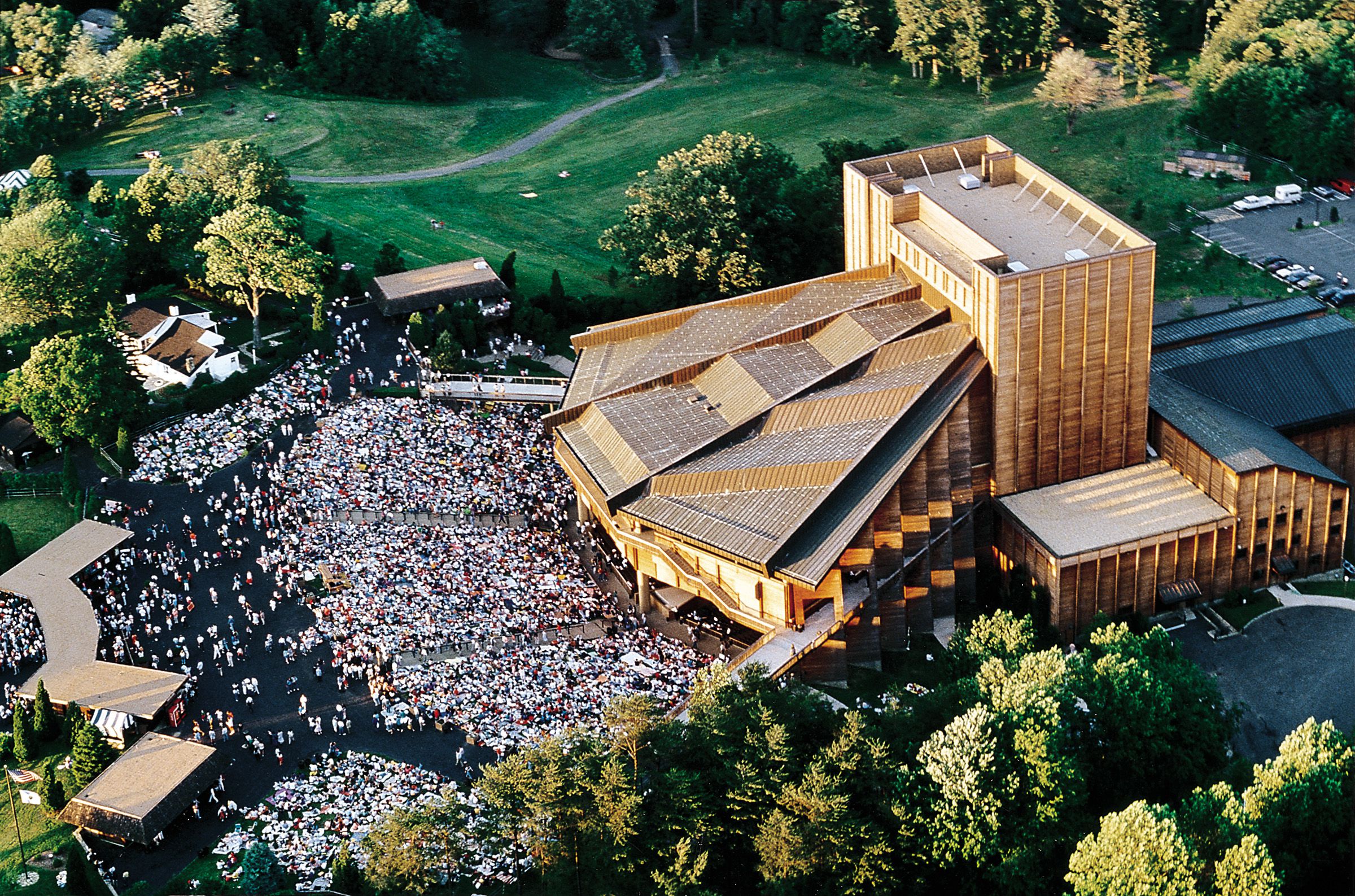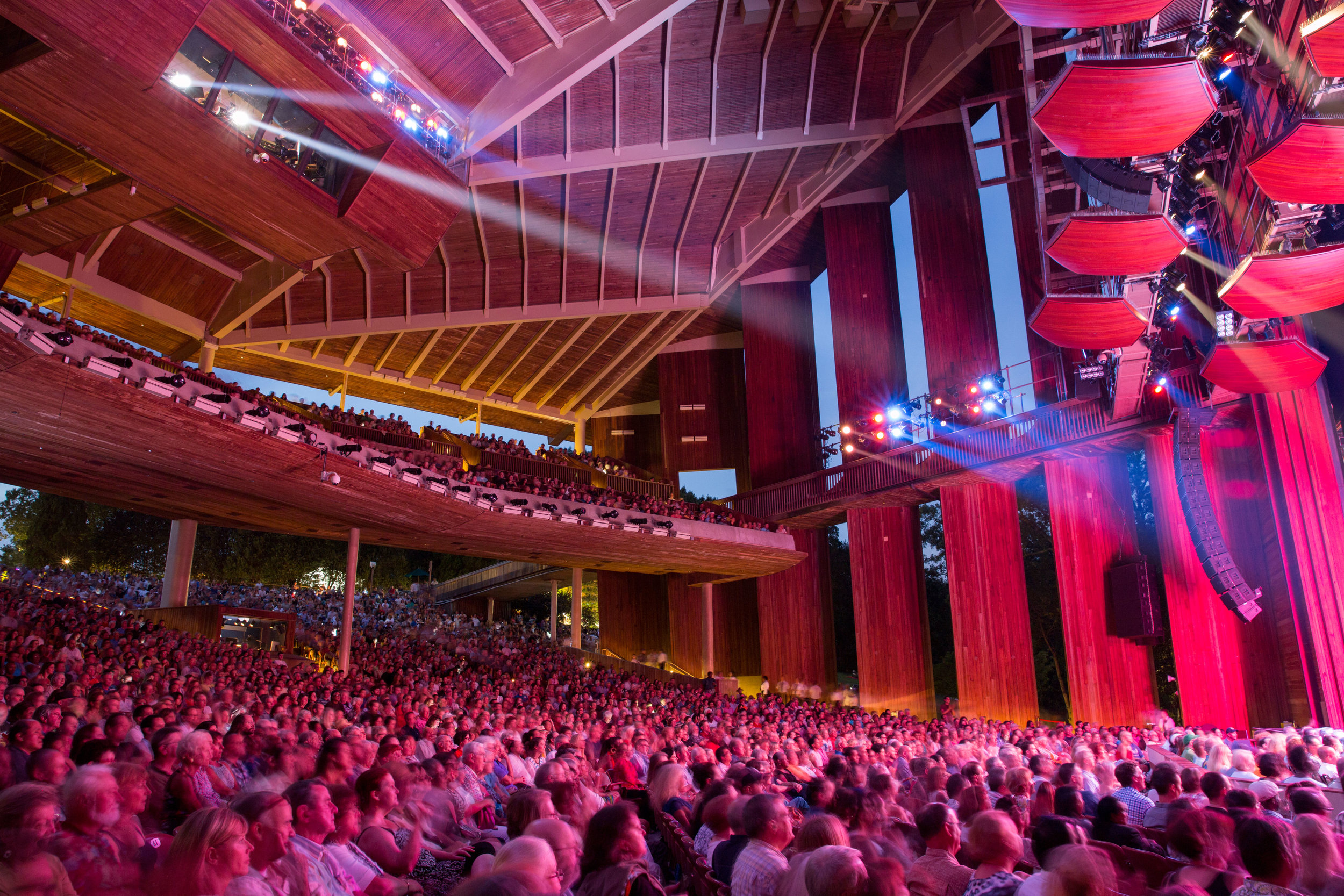Wolf Trap Opera might be my favorite opera company; it certainly has a special place in my heart. Yes, more than the larger companies like the Metropolitan Opera, Opera Philadelphia, Washington National Opera, or Virginia Opera (haven’t been to Pittsburgh Opera yet, but will at the end of April). I love all those companies also, but Wolf Trap Opera is special. It can’t compete in terms of numbers or the grandeur of offerings achievable by the larger companies, but WTO’s commitment to the art of opera and the quality of what it does with its resources is impressive. And for getting audiences up close and personal with talented young opera singers, it can’t be beat. Each year about 15-16 young artists are brought to Wolf Trap for further training as part of developing their budding careers. These singers are carefully selected by auditions held around the nation and represent some of the finest young operatic talent anywhere. They are also already accomplished singers; they usually have bachelor’s and often master’s degrees in music and have performed in staged operas in other venues.
2017 Filene Young Artists, left to right: Alasdair Kent, Alexandra Loutsion, Annie Rosen, Anthony Robin Schneider, Ben Edquist, Jonas Hacker, Kihun Yoon, Mackenzie Gotcher, Madison Leonard, Megan Mikailovna Samarin, Nicholas Nestorak, Richard Ollarsby, Shea Owens, Summer Hassan, and Zoie Reams; photo courtesy of Wolf Trap Opera.
Each year two rarely performed operas are unearthed and presented in stellar fashion by this troupe in the cozy (less than 400 seats) confines of The Barns at Wolf Trap. They also present one of the more popular operas in the repertoire at the Filene Center each summer which serves as a fine opportunity for newcomers as well as devoted fans to view grand opera; this year it will be Puccini’s Tosca. In addition, they offer several recitals and special events in the DC area that give audiences a chance to have a delightful experience being entertained by this young talent. All the selections for presentation are arrived at with an eye to what the kinds of vocal talent will be in that year’s performing artists pool. Many kudos to Kim Witman, WTO’s director, for her astute leadership and her commitment, not only to these young singers and to opera, but also in placing WTO in the service of its surrounding community.
Scenes from Season 2016's The Rape of Lucretia, L'Opera Seria, and La Boheme. Photos by Scott Suchman and courtesy of Wolf Trap Opera.
The agenda WTO has in store for us in Summer 2017 is varied and ambitious. Due to the variety of offerings, it gets a little complicated to describe succinctly. Three fully staged opera productions (June 23, July 14, and August 11) and several recital events will be performed at Wolf Trap Park itself. There are also quite a few special events planned as part of the new “UNTRAPPED” initiative, performed at venues away from Wolf Trap Park on weekends; there is also an opera for children scheduled at Wolf Trap’s Theatre-In-The-Woods. The complete calendar listed in chronological order and labeled by category is included further down; you can read details of the events at the Wolf Trap Opera website:
Let’s focus on the fully staged operas at Wolf Trap Park. These are the season’s heavy weights:
June 23, 25, 28, July 1 - The Touchstone (La Pietra Del Paragone) by Gioachino Rossini; performed at The Barns
July 14 - Tosca by Giacomo Puccini; performed at the Filene Center
August 11, 13, 16, 19 - The Juniper Tree by Philip Glass and Robert Moran; Bastianello by John Musto; performed at The Barns
Image courtesy of Wolf Trap Opera.
First up for operas performed in The Barns is Rossini’s The Touchstone (1812), or in Italian, La Pietra Del Paragone, loosely “the stone of comparison”; the librettist is Luigi Romanelli. To me, not knowing Italian, La Pietra Del Paragone sounded foreboding; I was sure a tragedy was involved. Quite the opposite, this opera is a comedy about a rich man who devises a test (a touchstone) to show who his real friends are. That this is a comedy is very good news indeed; my experience in attending opera at Wolf Trap Opera is that they do comedies exceedingly well: L’Operia Seria presented in 2016 (and currently streaming online) and The Ghosts of Versaille in 2015 were two of my favorites. Their young singers have fun with them, which draws in their audience, and of course, we get a happy ending. The Touchstone resulted from Rossini’s first commission from a major opera house, La Scala, and was an immediate hit in Europe, but has been little performed here. The great composer. Rossini, is undergoing somewhat of a revival with many of his lesser known, but still excellent, operas being performed more often now in the U.S.. As an aside, you can read about Ms. Witman’s thought process in selecting this opera at this link.
Image courtesy of Wolf Trap Opera.
The second production at the Barns begins on August 11; it is a twin bill of two shorter and more modern operas. First is Philip Glass and Robert Moran’s The Juniper Tree based on the Grimm fairy tale. This is a fairy tale for adults – mother kills son and serves as soup to father, buy hey, it has a happy ending, I think. Philip Glass is perhaps the most celebrated American opera composer and is observing his 80th birthday this year, still working. The second half of the twin bill is Bastianello by John Musto. It describes a husband's attempts to find people who are bigger fools than his family. Not saying anything here; could get myself in trouble. Described as a comedy with heart, it should serve to ameliorate any indigestion caused by The Juniper Tree.
Image courtesy of Wolf Trap Opera.
Wolf Trap’s featured opera at the Filene Center is Tosca by composer Giacomo Puccini and librettists Luigi Illica and Giuseppe Giacosa. The gorgeous music in Tosca is reason enough alone to attend this opera; Puccini at the top of his game. The aria “Vissi d’arte” makes just about everyone’s opera’s greatest hits list. Singing it will be WTO young artist, soprano Alexandra Loutsion, who just completed singing the title role in Turandot at the Pittsburgh Opera; her performance was called triumphant (I told you these singers were already accomplished). This brief overview of Tosca is copied from the WTO website: “Caught up in a world of political intrigue and corruption, Puccini’s fiery diva is trapped between her allegiance to her rebel lover and a treacherous police chief who will stop at nothing to possess her. The explosive conflict between these three unforgettable characters comes to a hair-raising conclusion in one of opera’s most popular, suspenseful, and unforgettable dramas.” Oh yeah, it also has a couple of nifty plot twists. It’s one of very few things I have watched with my son where he admitted he didn’t see that coming. Here is another reason you should go, even if you have seen Tosca multiple times already: WTO young artist Mackenzie Gotcher. He will play Cavaradossi, one of the leads. I heard him sing an aria at the Wolf Trap preview of its upcoming season. I expect most of these young singers will go on to become professional opera singers, and some, stars. Mr. Gotcher has one of the best tenor voices I have ever heard. Not to be missed.
All the special events look engaging. One I especially recommend is Aria Jukebox on July 9. The young artists each get to sing an aria that the audience selects from one of three they have prepared. It is a chance for the singers to strut their stuff. They will knock your socks off and you get to pick by which song. I have made this assertion before, and I repeat, "Wolf Trap Opera makes opera fun!"
Summer Calendar for Wolf Trap Opera:
June 3:
UNTRAPPED - Pops Extravaganza – A Night At The Theater; The Clarice Smith Performing Arts Center, University of Maryland
June 3-4:
Wolf Trap – Four of A Kind (Four Singers, Four Hands); The Barns
June 10:
UNTRAPPED – POP-UP@Union Market in DC
June 17:
UNTRAPPED - The Fall Of The House Of Usher by Philip Glass; Dock 5 at Union Market in DC
June 23, 25, 28, July 1:
Wolf Trap - The Touchstone (La Pietra Del Paragone) by Gioachino Rossini; The Barns
June 24:
UNTRAPPED – Mahler’s Fourth; The Clarice Smith Performing Arts Center, University of Maryland
July 8:
Wolf Trap – Studio Spotlight; The Barns
July 9:
Wolf Trap – Aria Jukebox; The Barns
July 14:
Wolf Trap - Tosca by Giacomo Puccini; Filene Center
July 19-20:
Wolf Trap – Listen, Wilhelmina by David Hanlon; Children’s Theatre-In-The-Woods
July 28:
Wolf Trap – Carmina Burana by Carl Orff; Beethoven’s Emperor Concerto; Filene Center
August 11, 13, 16, 19:
Wolf Trap - The Juniper Tree by Philip Glass and Robert Moran; Bastianello by John Musto; The Barns
Exterior and interior views of The Barns and the Filene Center. Exterior Filene Center photo by Roberst Llewellyn; all photos courtesy of Wolf Trap Opera.
The Fan Experience: Not only do you get to sample budding young talent and excellent performances of opera, you get to do so at quite modest prices, compared to the larger opera companies. The operas at The Barns prices range from $36 to $78. The Barns is a small venue and most seats are excellent; check whether the cheaper seats have obstructed view of the stage or subtitles. Lite fare food and beverages are served at The Barns and drinks can be taken into the theater and some seats have cup holders. Tickets for Tosca at the Filene Center range from $25 for lawn tickets and $45-65 for seats under the roof. Both venues have plenty of free parking, though getting out of Filene Center parking areas after the performance will take patience. One caveat for the Filene Center – this is open air (The Barns is air-conditioned) and summer nights in the DC area can be rather hot and humid. Pre-opera talks are given about an hour before each performance and are well worth your time. Seats for these talks are more limited at the Filene Center, so get there especially early; take a picnic onto the spacious grounds or dine at Ovations restaurant and make an afternoon of it.



